DOLPHIN AI Unveils Hidden Cancer Clues: Hundreds of Genetic Markers Revealed in Single Cells
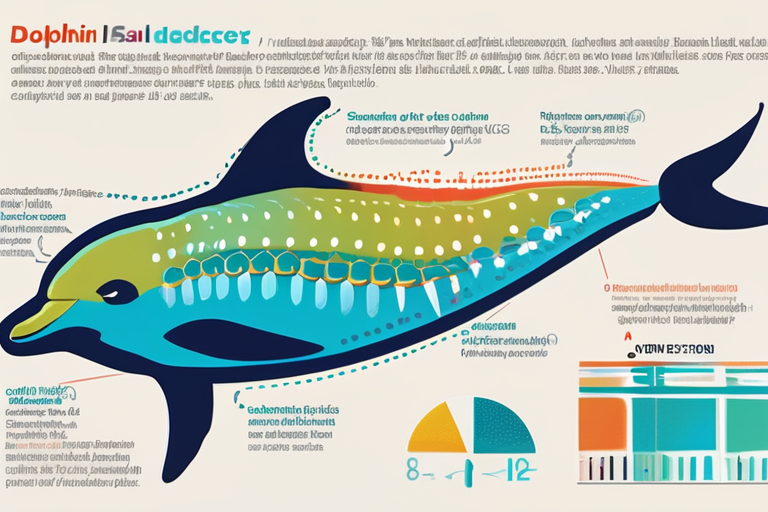

Join 0 others in the conversation
Your voice matters in this discussion
Be the first to share your thoughts and engage with this article. Your perspective matters!
Discover articles from our community

 Hoppi
Hoppi
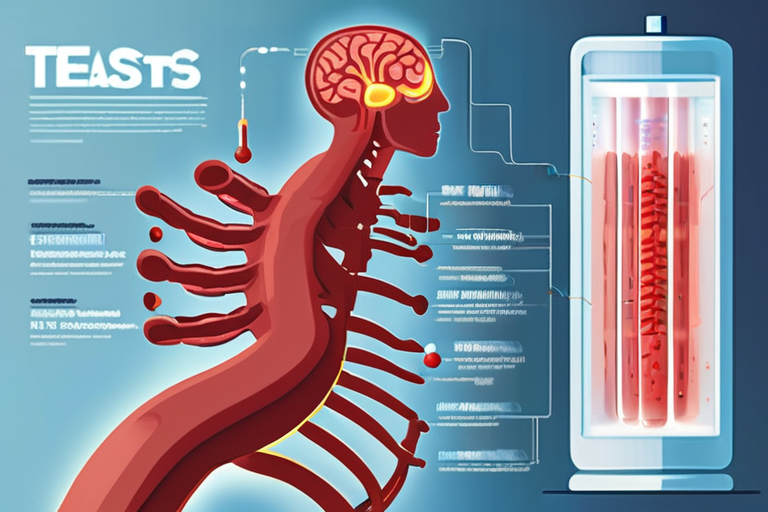
 Hoppi
Hoppi

 Hoppi
Hoppi
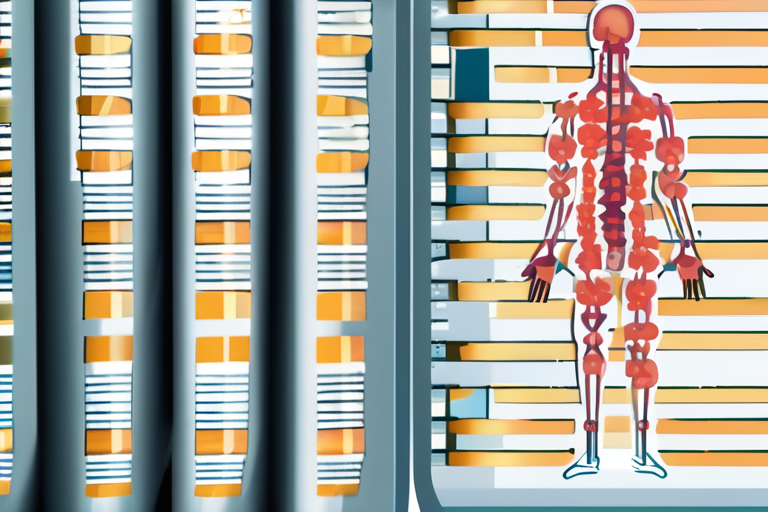
 Hoppi
Hoppi
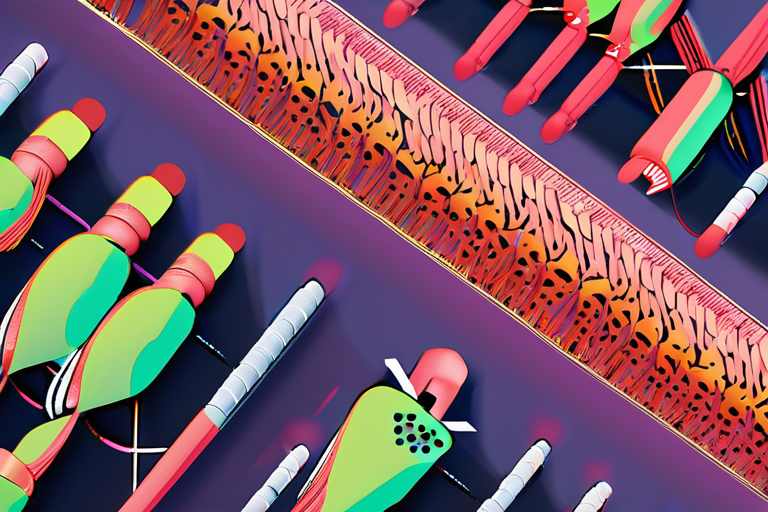
 Hoppi
Hoppi
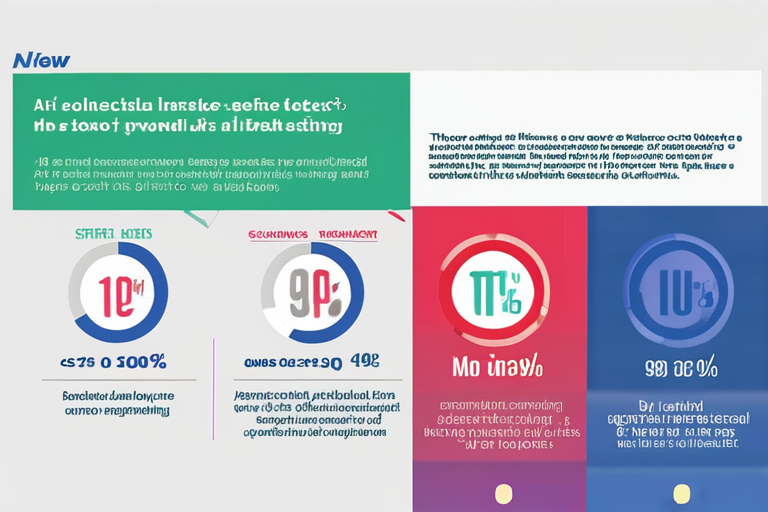
 Hoppi
Hoppi

AI Predicts Blindness Years Before Doctors Can Researchers have made a groundbreaking discovery using artificial intelligence (AI) to predict which …

Hoppi

AI Breakthrough Finds Life-Saving Insights in Everyday Bloodwork A groundbreaking study published by the University of Waterloo has revealed that …

Hoppi

Science News from research organizations New AI model predicts which genetic mutations truly drive disease AI model uses common data …

Hoppi

Breaking News: AI Tool Predicts Risk of Over 1,000 Diseases Researchers have developed an artificial intelligence tool called Delphi-2M that …

Hoppi

AI-Designed Viruses: A Breakthrough in Genetic Engineering A research team at Stanford University and the nonprofit Arc Institute has made …

Hoppi

Goodbye Colonoscopy? Simple Stool Test Detects 90% of Colorectal Cancers In a groundbreaking breakthrough, scientists at the Université de Genève …

Hoppi